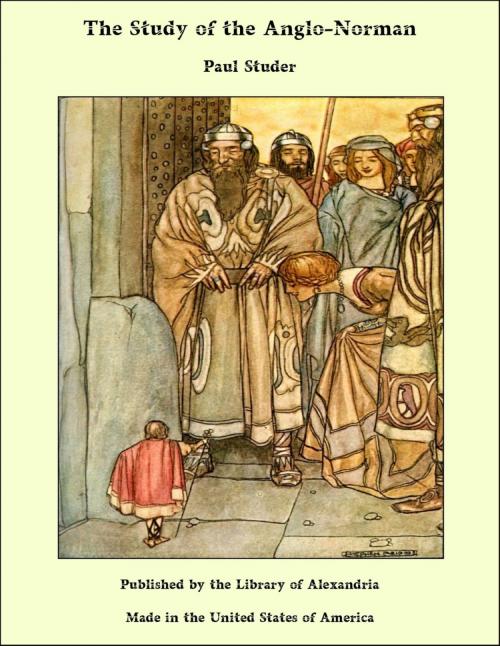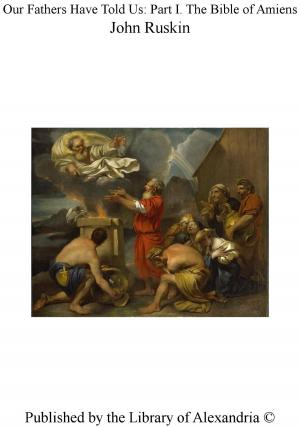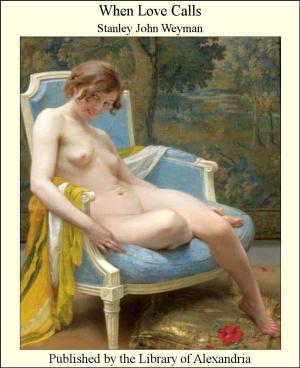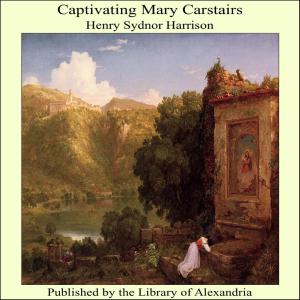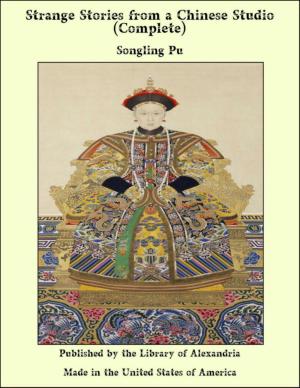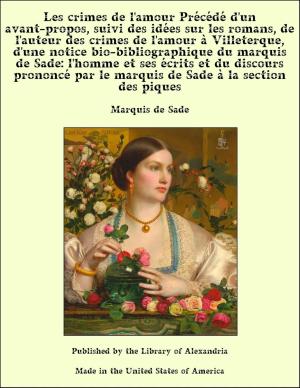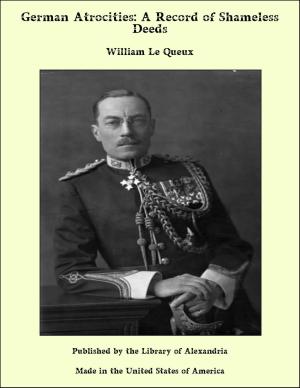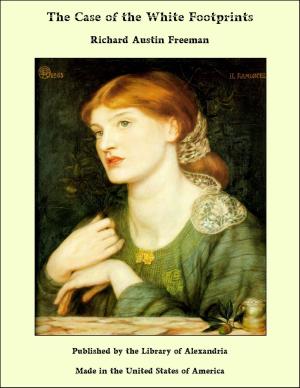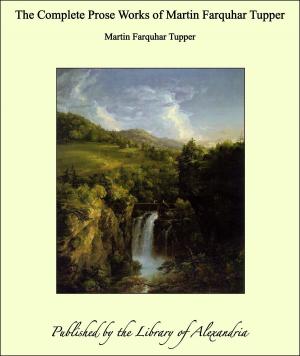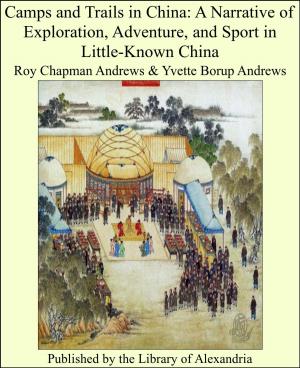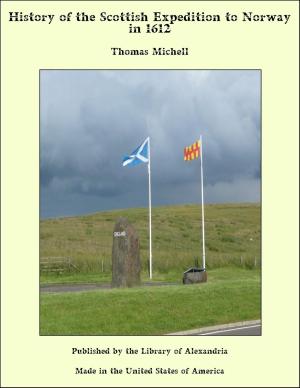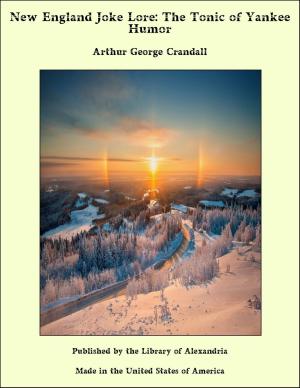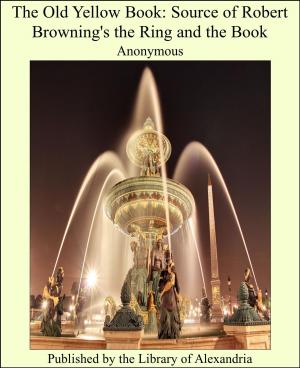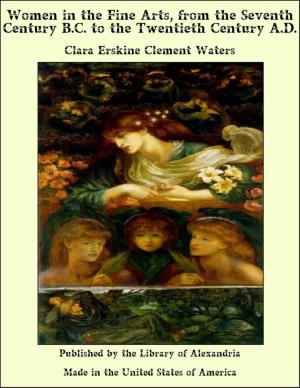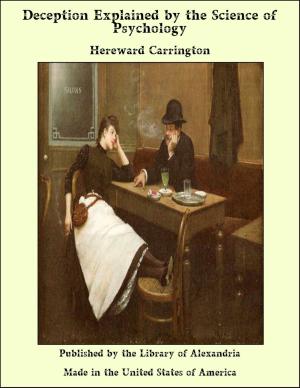The Study of the Anglo-Norman
Nonfiction, Religion & Spirituality, New Age, History, Fiction & Literature| Author: | Paul Studer | ISBN: | 9781465584083 |
| Publisher: | Library of Alexandria | Publication: | March 8, 2015 |
| Imprint: | Language: | English |
| Author: | Paul Studer |
| ISBN: | 9781465584083 |
| Publisher: | Library of Alexandria |
| Publication: | March 8, 2015 |
| Imprint: | |
| Language: | English |
This lecture is long overdue and I apologize for the delay. When I had the honour to be elected to the Professorship of Romance Languages in the University of Oxford, it was my intention to deal with the Study of Anglo-Norman in an Inaugural Lecture, but owing first to the War, and then to ill health, I have been hindered until now from carrying out my intention. I must further apologize for the choice of my subject. Modern thoughts and modern studies are the fashion of the day, and it requires a little courage, even in this ancient seat of learning, to urge the claims of mediaeval lore. I hope, however, that my motive will not be wrongly interpreted, for I need hardly say how sincerely I welcome the establishment of a Chair of French Literature in this University. Thanks to the benefactions of Sir Basil Zaharoff and Mr. Heath Harrison, our students will have exceptional facilities for acquainting themselves with the intellectual and social movements of Modern France, and I trust that increasing numbers of them will avail themselves of these advantages. But I would plead that the Middle Ages should be better known, especially that period of the Middle Ages in which France and England shared a common language and a common literature, and took part in the same social and religious activity. The study of Anglo-Norman, revealing, as it must, the points of contact as well as the differences between the two nations, will lead to surer knowledge and greater mutual appreciation. Above all it will throw much light on English history, social and constitutional, on Middle-English, one might even say pre-Shakespearian literature, and particularly on the growth and evolution of the English language.
This lecture is long overdue and I apologize for the delay. When I had the honour to be elected to the Professorship of Romance Languages in the University of Oxford, it was my intention to deal with the Study of Anglo-Norman in an Inaugural Lecture, but owing first to the War, and then to ill health, I have been hindered until now from carrying out my intention. I must further apologize for the choice of my subject. Modern thoughts and modern studies are the fashion of the day, and it requires a little courage, even in this ancient seat of learning, to urge the claims of mediaeval lore. I hope, however, that my motive will not be wrongly interpreted, for I need hardly say how sincerely I welcome the establishment of a Chair of French Literature in this University. Thanks to the benefactions of Sir Basil Zaharoff and Mr. Heath Harrison, our students will have exceptional facilities for acquainting themselves with the intellectual and social movements of Modern France, and I trust that increasing numbers of them will avail themselves of these advantages. But I would plead that the Middle Ages should be better known, especially that period of the Middle Ages in which France and England shared a common language and a common literature, and took part in the same social and religious activity. The study of Anglo-Norman, revealing, as it must, the points of contact as well as the differences between the two nations, will lead to surer knowledge and greater mutual appreciation. Above all it will throw much light on English history, social and constitutional, on Middle-English, one might even say pre-Shakespearian literature, and particularly on the growth and evolution of the English language.
